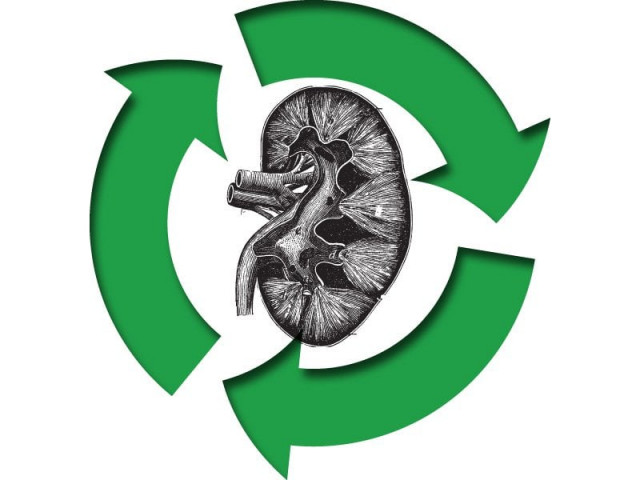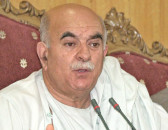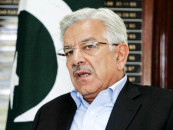Experts call for acceptance of deceased organ donation
Transplantation procedures are a reliable form of treatment, says WHO adviser

Experts, officials say foreigners would think twice about violating the existing law if it was properly implemented.
Experts representing World Health Organisation (WHO) and other international medical institutions participated in the debate on the opening day of the conference titled, 'Ethical Deceased Organ and Tissue Donor Programme', in which they discussed issues concerning deceased organ donation. They declared that organs and tissues from the deceased donors were a viable remedy for those patients who are at the end stages of terminal diseases. Speakers shared that in Pakistan alone, over 50,000 people die every year at the end stages of organ failure.
Dr Jose Nunez, who is the adviser to WHO on transplantation, spoke about the guidelines followed by his organisation for ethical transplantation, which is practiced among member countries.
"Procedures of transplantation are moving ahead globally as they are a reliable form of treatment," he said. The WHO official underlined, however, the need for a larger acceptance of deceased organ donation, particularly in the developing countries, by creating mass awareness and establishing ethically sound infrastructure.
Following Dr Nunez, Dr Alicia Perez Blanco, from the Spanish National Transplantation Organisation, spoke about the factors contributing to Spain's phenomenal success in establishing a deceased donor programme. Dr Valerie Luyckx from the Institute of Biomedical Ethics and History of Medicine, University of Zurich, also spoke at the conference on the role of WHO Collaborating Centre in the efforts to promote ethical practices in organ transplantation.
Earlier, CBEC Chairperson Dr Farhat Moazzam highlighted the activities at the centre for the promotion of ethical healthcare system.
SIUT Director Prof Adib Rizvi also spoke and recounted the practice of ethical transplantation being carried at his institute for the past many decades.
The session in the afternoon focused on the challenges faced in establishing deceased organ donor programmes, as experienced in different countries. Dr Sunil Shroff shared his experience establishing such programmes in India on Skype. He was followed by Dr Iftikhar Khan from Saudi Arabia, Dr Katayoun Najafizadeh from Iran and Dr Anwar Naqvi from SIUT, Pakistan. All four speakers provided their country's perspective on deceased organ donation and spoke of the ethical challenges raised by prevailing systems.
They also discussed perceptions about brain death in the healthcare circles in their countries and the reasons why some people donate while others do not. They also stressed on the importance of transplant coordinators and talked about the existing training programmes they could learn from. Later, Dr Fareena Hanif and Dr Arslan Khan of SIUT discussed the ethical aspects of brain death and donation of organs from deceased donors.
Published in The Express Tribune, June 25th, 2019.



















COMMENTS
Comments are moderated and generally will be posted if they are on-topic and not abusive.
For more information, please see our Comments FAQ